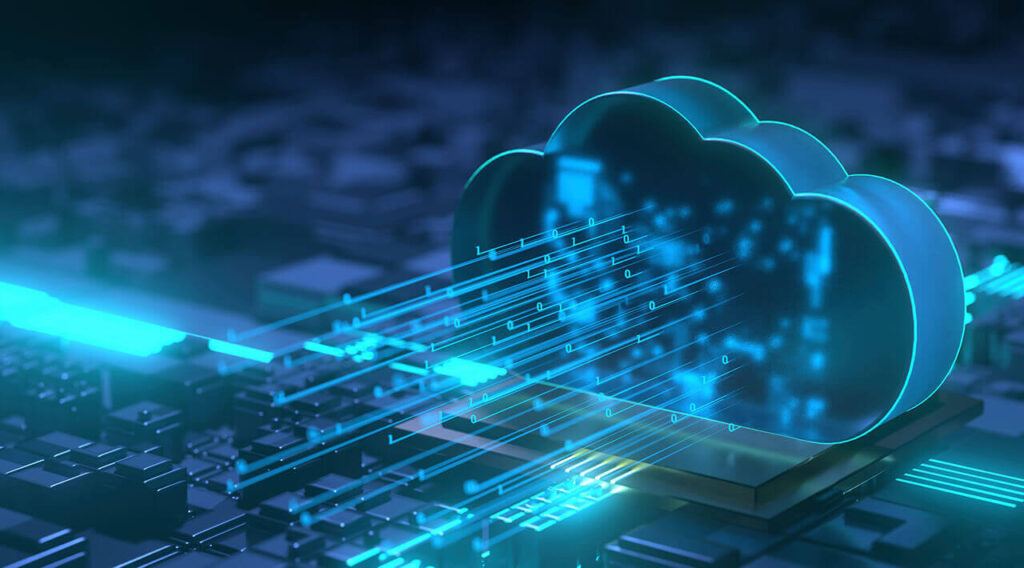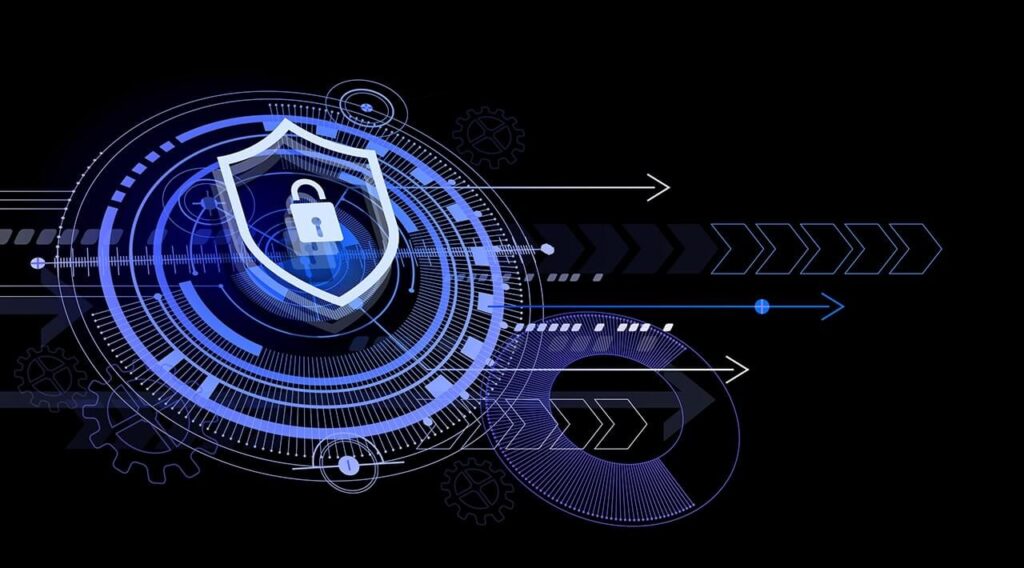Data Centers, Free Energy Market, and ESG
New emerging technologies and services such as Artificial Intelligence and the crypto market, among others, are accelerating Data Centers’ energy demands. What is the Free Energy Market and how does it affect the ESG strategies of Data Center companies in Brazil?
The International Energy Agency’s (IEA) report ‘Renewables 2023’, released in January, predicts that the growth in demand for electricity could more than double by 2026. Reasons: expansion of data centers, cryptocurrencies and artificial intelligence. To give you an idea, in Ireland, for example, data centers will consume a third of the country’s electricity in the next two years. The document also reflects that these three factors together will consume a total of 460 TWh in 2022 – around 2% of the global electricity demand. Although all this progress translates into greater speed, security and data quality, the increase in demand is likely to create challenges for the electricity system worldwide. What’s more, over the next few years, demand is expected to reach between 620 TWh and 1050 TWh and global demand for electricity is expected to increase by 3.4% by 2026. The key point is that these needs could be met by the generation of renewable energy such as wind, solar and hydroelectric.
Data centers will be the fastest-growing structures in the world, and they need increasingly better energy efficient solutions to adequately support the pace of development and energy consumption that is required for the proper functioning of data storage and processing systems.
In the Brazilian market, the Free Energy Market plays a key role in data center sustainability strategies.
Data Centers and Free Energy Market
Free Energy Market
The history of the Free Energy Market in Brazil began in July 1995, when Law No. 9.074 – the New Electricity Sector Model Law – was published, allowing, for the first time in the country, some large consumers to hire electricity from independent producers and no longer, exclusively, from electricity distributors. The following year, the Ministry of Mines and Energy (MME) implemented the Brazilian Electricity Sector Restructuring Project (RE-SEB), following the example of countries such as Great Britain, Finland, Ukraine, and Portugal, which had already gone through the process of de-verticalization of the energy supply. The project separated the sector into three areas: generation, transmission and distribution, and created entities such as the National Electricity Agency (ANEEL), the National Electricity System Operator (NOS) and the Wholesale Energy Market (MAE).
In March 2004, Law No. 10,848 brought about the deregulation of the energy market, replacing the MAE with the Electricity Trading Chamber (CCEE). This same law divided the market into two electricity trading environments: the Free Contracting Environment (ACL), where the consumer chooses the electricity supplier and is free to negotiate this contract directly, and the Regulated Contracting Environment (ACR), where energy is purchased directly from the concessionaire and the price is regulated by the government. Almost twenty years later, until the beginning of this year, the free purchase of energy was aimed at demands above 1000 kW (kilowatts), equivalent to bills of more than R$150,000/month.
A new rule was sanctioned in January 2024, extending the benefit to industries and businesses that consume voltage above 2.3 kV – around R$8,000/month. These companies are now free to negotiate prices and sign direct deals with those who generate energy – the energy producers. These are plants that convert energy from various sources (renewable or not) into electricity. These agents can be public service generation concessionaires, independent electricity producers and self-producers. According to data from the Chamber of Electric Energy Commercialization (CCEE), in the five months since the new rule was enacted, the number of Brazilian consumers migrating to the free energy market has surpassed the total recorded in the previous year. This is a trend that continues to grow.
The same Renewables 2023 report reinforces Brazil’s leadership in Latin America when it comes to expanding renewable energy. Estimates point to an increase of 165 gigawatts (gW) of renewable generation in the region between 2023 and 2028, with more than 65% of this total represented by Brazil. Solar energy leads the expansion, followed by wind energy.
The path to energy transition for data centers
Electricity is not the core activity of a Data Center, but it is one of its main cost components and must guarantee availability as close to 100% as possible. In this sense, it is essential to look for solutions that bring greater sustainability through the optimization of resources and the intelligent use of renewable sources. Energy efficiency not only reduces energy bills, but also allows companies to control their energy costs.
The new legal mechanisms to enable access to the generation, production and distribution of renewable energy, through direct contracts with these agents, open up a very optimistic way of balancing this equation: more development, less impact. Yes, Data Centers can be key points for reducing environmental impacts, since they play an important role in the transition of commercial consumers to cleaner energy sources.
We know that discussions about the Free Energy Market continue to advance in Brazil. However, the freedom to negotiate, choose suppliers and customize contracts has the potential to result in more competitive prices for consumers. This is a path that many companies and consumers are just starting out on, and one that requires specific knowledge and monitoring of purchasing processes and cost management.
If it took thirty years to move towards a more open, accessible and competitive market for more sustainable electricity, and we will have a much shorter time to solve the challenges of energy efficiency in data centers, which could serve as an example for other sectors.
Cirion and the Free Energy Market
Cirion in Brazil has been contracting energy directly through the Free Energy Market for several years, always favoring renewable energy producers. Experience has shown us that attention to the sustainability of the operation is an important differentiator when serving large companies, especially in more demanding and regulated markets and segments, as well as bringing positive financial results to the operation and medium- and long-term benefits to the society in which we all live.

Author:
Rodrigo Oliveira
Business Director – Data Center, Cloud & Security
Cirion, Brazil
With more than 30 years of experience in the Data Center and Telecommunications segments, Rodrigo brings Cirion’s clients the guidance they need to take advantage of technology to expand their businesses. He has worked for several multinationals in Brazil and helped the building of Diveo’s operation in the country. He was also president of the UOL Diveo unit in Colombia, where he sold the subsidiary to Riverwood/Synapsis. He was also in charge of Matrix Datacenter.










